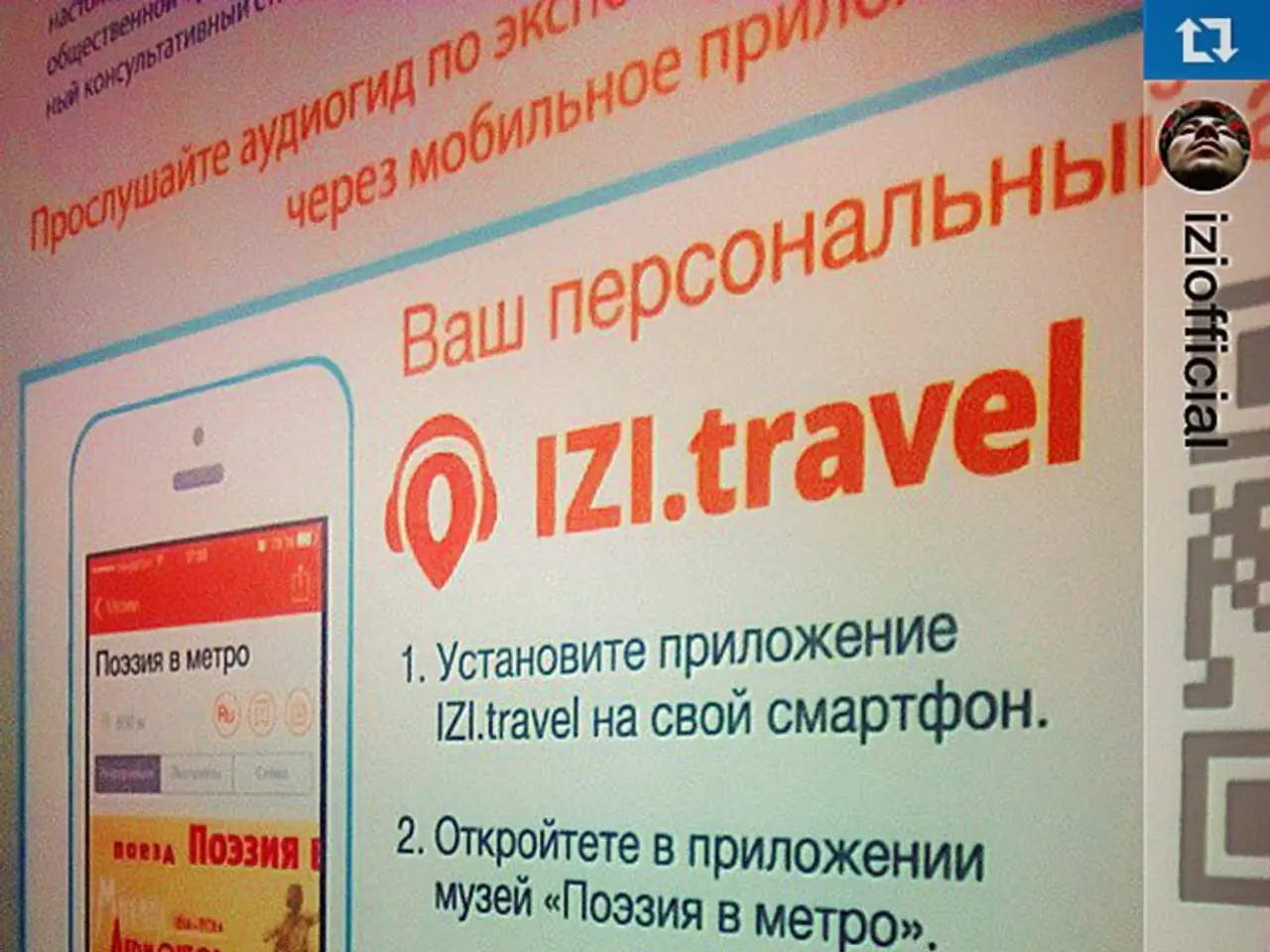Myanmar Fraudsters Embrace Starlink as Means to Escape Internet Shutdown
Starlink Satellite Internet Empowers Transnational Scam Operations
In a troubling development, call center scam operations in Myanmar and along the Thai-Myanmar border have increasingly relied on Elon Musk's Starlink satellite internet to evade traditional internet blackouts and disruptions imposed by regional authorities.
The shift to Starlink began in 2023, after Thai authorities severed internet cables to disrupt scam operations. Since then, the numbers of Starlink dishes on rooftops in key scam hubs such as Myawaddy have been growing steadily[1]. Data shared by groups like the International Justice Mission (IJM) indicates the use of Starlink by these operations has more than doubled since the initial cable disruptions[1].
The Starlink kit, comprising a dish, router, and cables, is small enough to be carried in a backpack and easily smuggled across borders[2]. Law enforcement operations have seized large numbers of Starlink devices from scam compounds — for example, over 130 devices in Thailand, and one report identified at least 412 Starlink devices with more than 40,000 logins across various scam locations in Myanmar[3][5].
Despite rules permitting SpaceX to terminate Starlink service for fraudulent use, these scam networks continue operating through Starlink, indicating challenges in enforcement and technological mitigation[3][5]. A U.N. report confirms SpaceX can geofence and block Starlink access in specific regions, but it remains unclear if such measures have been applied in Southeast Asia[3][5].
The portability, decentralized infrastructure, and relative independence from national telecoms offered by Starlink make it resilient against traditional internet shutdowns[3]. This resilience has frustrated efforts by Thai and regional authorities to curtail transnational fraud originating from these scam call centers.
Thailand's Director of the Royal Thai Police's Cyber Crime Suppression Centre, Pol Gen Thatchai, admitted that the smuggling of Starlink equipment into Myanmar is severely undermining Thailand's "three-cut measure"[2]. He stated that it would be quite difficult for Thailand to stop the operations of these criminal groups if they continue to use Starlink for internet[2].
In an effort to address this issue, Thailand has engaged with foreign government agencies to persuade Starlink to block services in the border regions[4]. However, the challenge remains in ensuring the effective enforcement and technological mitigation of Starlink's use by these criminal networks.
In conclusion, Starlink’s satellite internet has become a crucial tool for call center scam operations in Myanmar and the Thai-Myanmar border area, enabling them to persist and expand their illegal activities despite intensified regional crackdowns on internet access[1][3][5].
[1] https://www.reuters.com/world/asia-pacific/myanmar-scammers-turn-starlink-internet-avoid-disruptions-2023-04-01/ [2] https://www.straitstimes.com/world/asia/myanmar-scammers-turn-to-starlink-internet-to-avoid-disruptions [3] https://www.reuters.com/business/starlink-satellite-internet-helps-myanmar-scammers-avoid-disruptions-2023-04-02/ [4] https://www.bloombergquint.com/global-economics/myanmar-scammers-turn-to-starlink-internet-to-avoid-disruptions [5] https://www.un.org/press/en/2023/sc12321.doc.htm
- The increase in Starlink satellite internet usage by international scam operations, such as those in Myanmar and along the Thai-Myanmar border, allows them to persist and expand their illegal activities.
- The portability, decentralized infrastructure, and relative independence from national telecoms offered by Starlink have made it a significant challenge for regional authorities to curtail transnational fraud originating from call centers.
- In attempts to address the issue, authorities have engaged with foreign government agencies, urging Starlink to block services in border regions to mitigate the ongoing use of its technology by these criminal networks.
- As space-and-astronomy technology continues to advance, the international community must consider the unintended consequences, such as empowering general-news related crimes like transnational scams, when developing new technologies like Starlink.




